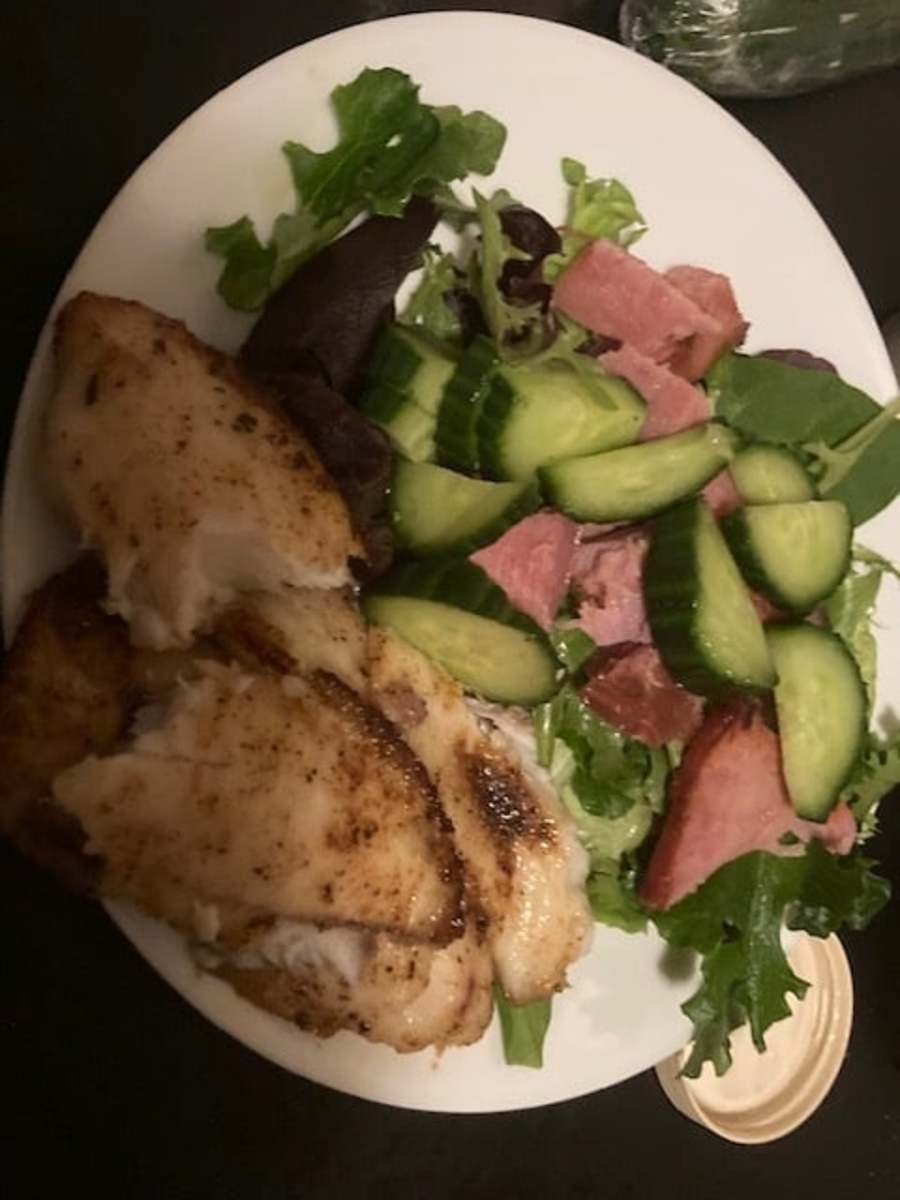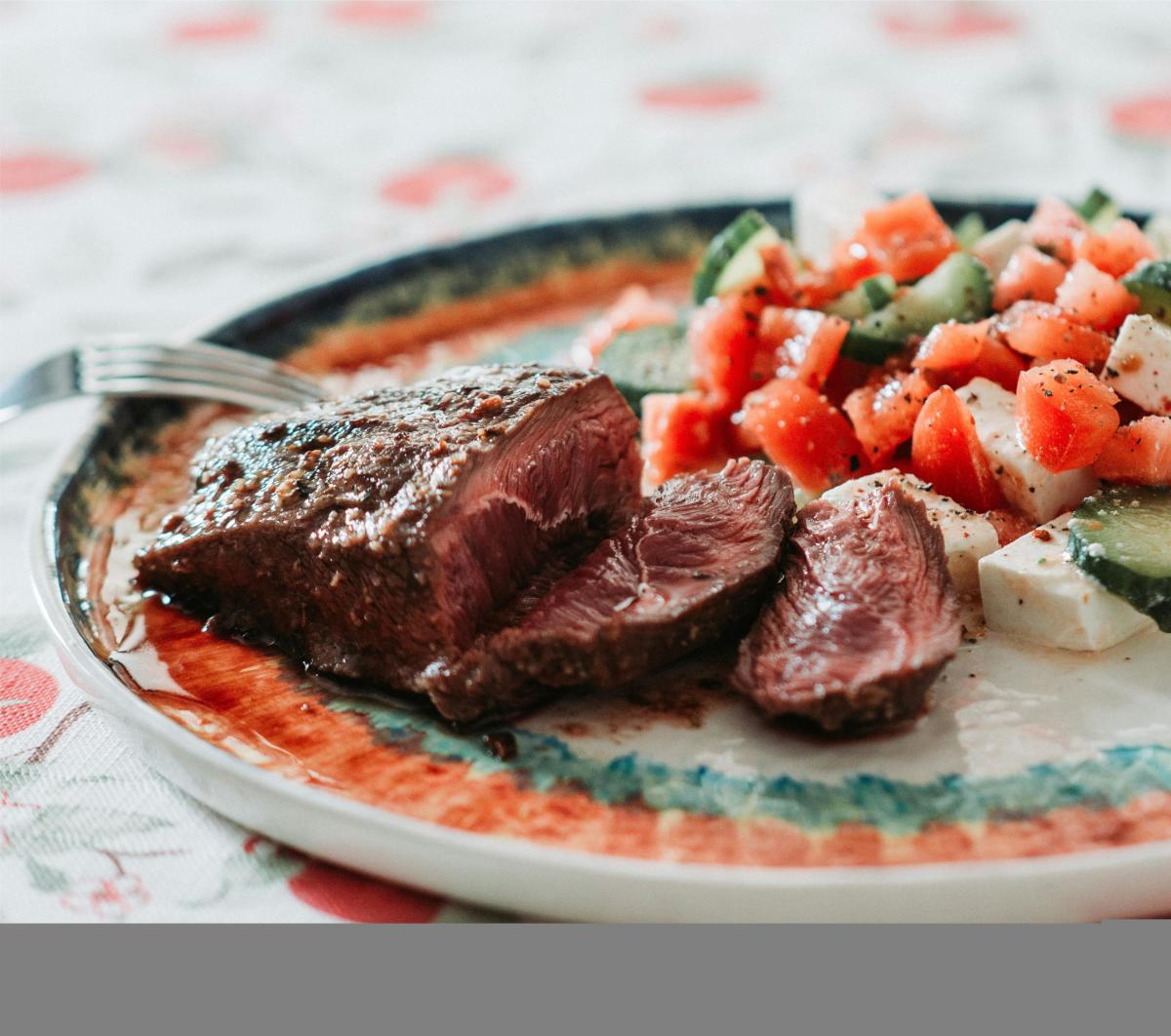Keto and Intuitive Eating


Stress eating can be difficult to overcome, especially during this time of fear and uncertainty over the current pandemic. Many people who have been in quarantine have succumbed to the comfort of food, especially when there is not much else to do. In our current situation, some healthier foods have been in limited supply so we resort to buying more processed and canned goods.
Despite these challenges, stress eating can be overcome. The first step to overcome stress eating is being able to differentiate actual hunger from emotional or psychological hunger.
Actual hunger is physical hunger. Physical hunger is eating when your body is in a state where it needs the caloric intake to maintain energy levels. When you eat in response to physical hunger, you are fueling your body to function appropriately.
Not too many people who have access to an unlimited food supply ever get to the point where they feel physical hunger anymore. Anyone who has fasted or has gone hungry involuntarily can tell you how strong physical hunger can be. They can also tell you how amazing food tastes after you have been without for a period of time.
Emotional hunger is hunger based on feelings. Feelings such as fear, anxiety, excitement, or boredom can override the most disciplined eater. Emotional hunger can occur whether you are physically hungry or not. When you are eating this way, you are not eating to fuel your body, you are eating to feed a psychological need.
Certain environments and situations can make people more prone to stress eat. For most people, work can be a trigger to stress eat. Office environments can be high strung and intense. High strung work environments combined with the availability of donuts, bagels, catered lunches, and snack machines make temptations to stress eat impossible to resist.
Being able to differentiate between emotional and physical hunger is coined intuitive eating. Intuitive eating hunger is listening to your body figuring out what it really needs. In most developed countries, having food access around the clock is now the norm for a lot of people. While most of us are grateful for not having to worry about a lack of food, there are a few drawbacks. The availability and convenience of food have made it increasingly difficult to determine whether we are eating due to physical needs or because we are feeling a stressful emotion. Children are naturally hard-wired to eat when hungry and stop eating when full. As they get older with the complexities and difficulties of modern life, our ability to listen to our natural body cues gets lower.
The ketogenic diet can be a way to reduce emotional eating for people who use food to deal with stress. The foods eaten on the ketogenic diet have higher fat and protein content. These foods are more satiating than the typical carbohydrate-laden foods that keep you craving for more. Processed foods can be addictive and hard to satisfy. Foods such as cheese, meats, eggs, and nuts are filling, nutrient-dense, and satisfying.
The keto diet is a way of eating that is low enough in carbs to cause the body to go into a state of ketosis. Ketosis is a process where the body starts to burn fat instead of sugar. To get into ketosis, you have to eat foods that are high in fat, moderate in protein, and low in carbohydrates.
Eating a ketogenic diet with foods such as beef, eggs, cheese, avocados, butter, etc. can prevent the sugar highs and lows while giving you steady energy throughout the day.
The keto diet can support the goal of being an intuitive eater. When eating keto it can be easier to eat when you are hungry and stop when you are full. With the reduction of carbs, you become full quicker. Also, anecdotal evidence suggests keto has a calming effect on the brain.
When the brain is calmer, it is easier to become more in tune with hunger cues and listen to what your body really needs.
Keto is not a miracle diet, but it definitely can be a tool to increase intuition about your body while differentiating your emotional wants versus physical needs. It can cause you to pay more attention to what you eat. Being in tune with your body, you can begin to decipher the root causes of your emotional cravings.
The first step to overcome stress eating is to differentiate actual hunger from emotional or psychological hunger.









